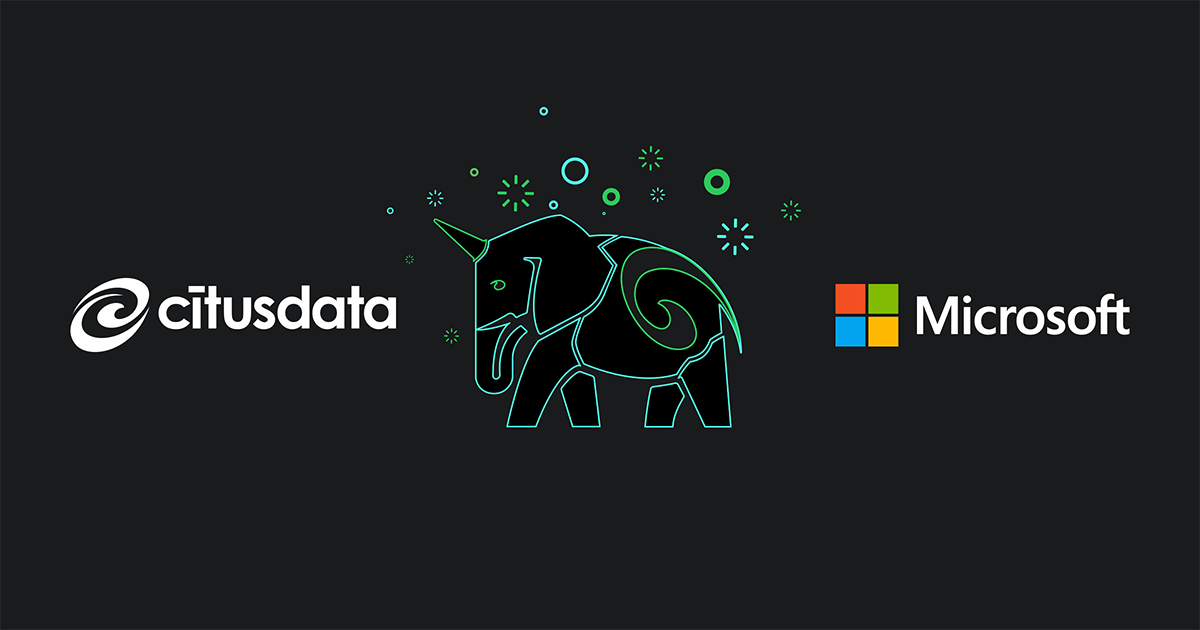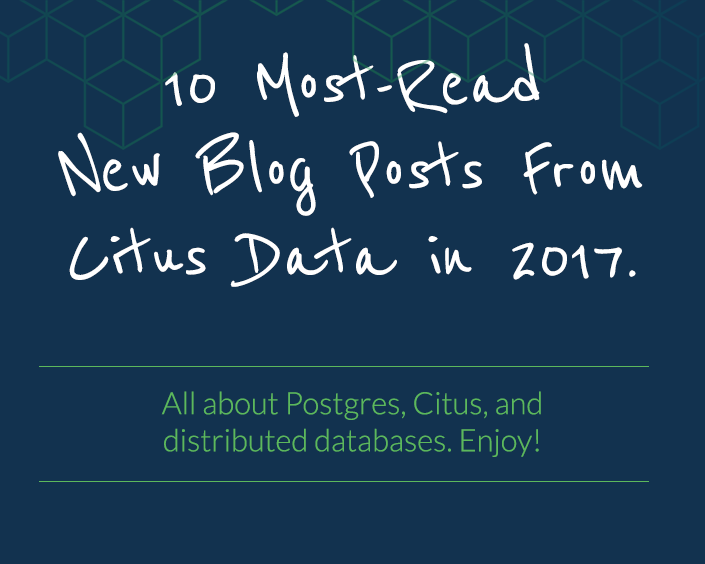POSETTE 2024 is a wrap! 💯 Thanks for joining the fun! Missed it? Watch all 42 talks online 🍿
Many of you rely on databases to return correct results for your SQL queries, however complex your queries might be. And you probably place your trust with no questions asked—since you know relational databases are built on top of proven mathematical foundations, and since there is no practical way to manually verify your SQL query output anyway.
Since it is possible that a database’s implementation of the SQL logic could have a few errors, database developers apply extensive testing methods to avoid such flaws. For instance, the Citus open source repo on GitHub has more than twice as many lines related to automated testing than lines of database code. However, checking correctness for all possible SQL queries is challenging because of the lack of a "ground truth" to compare their outputs against, and the infinite number of possible SQL queries.
Keep reading






